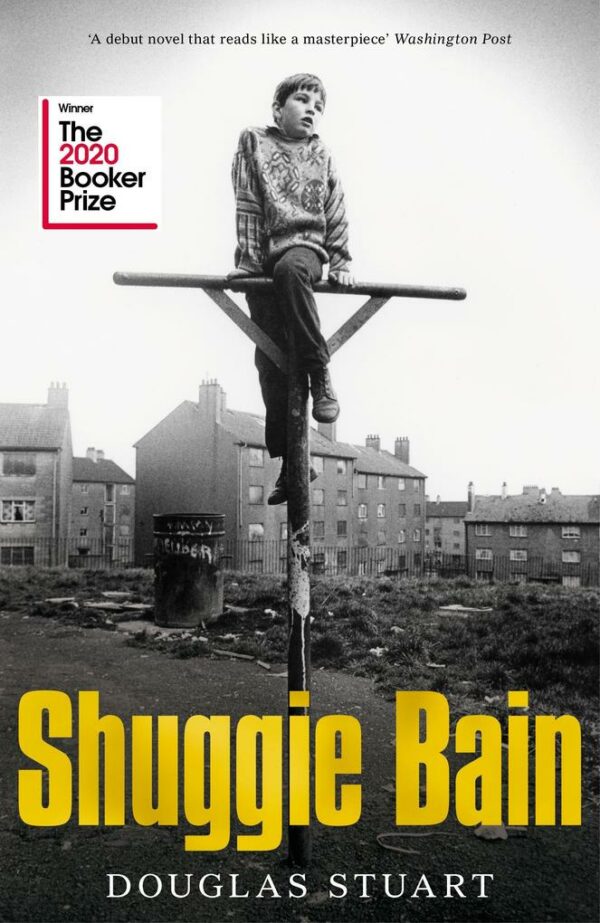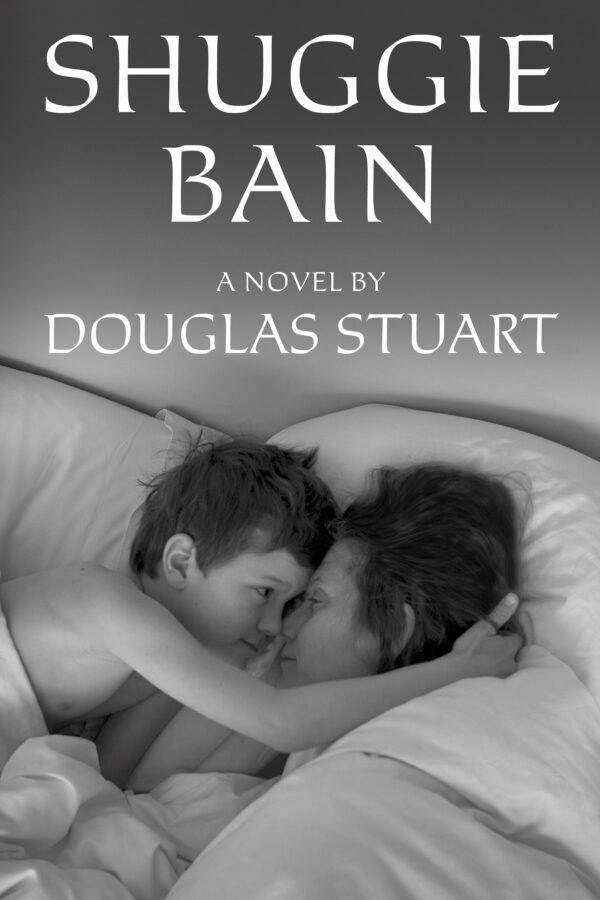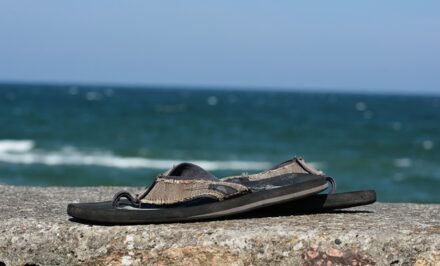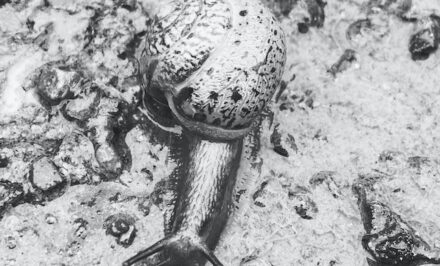
Novelist Robert Wilson reviews the 2020’s Booker Prize Winner
Shuggie Bain by Douglas Stuart will be published by Hanser Berlin in August 2021, translated by Sophie Zeitz. Our friend Robert Wilson gives us a first review.
I was surprised, when I heard the Booker Prize shortlist, that not only had Hilary Mantel not made the cut, but that four debut novelists had. None were fresh out of university, but were rather writers in their 30s and 40s with careers who’d finally got round to publishing a novel.
The winner, Douglas Stuart with Shuggie Bain, was a fashion designer in New York who’d always wanted to write but had been told that with his profound Glaswegian background maybe English Literature was not for him. His novel was turned down by 44 publishers on both sides of the Atlantic not because they didn’t rate it but because they couldn’t think how to market it. You can imagine the chat around the boardroom table: ‘How do we do this? Now let me see…we can market shit, no problem, but brilliance…now that is a real challenge.’
Because Shuggie Bain is a brilliant book. It’s tough and brutal about a kid, Shuggie (Hugh), and his two siblings being brought up in poverty by Agnes, their alcoholic mother. There are very few cracks of light that make it onto the page in a narrative based on Stuart’s own upbringing in Glasgow in the 1980s. But the writer has taken ten years to wrestle this 430 page story out of himself (first draft 900 pages single spaced) and there is nothing more powerful than somebody bringing their experience to you and making you feel it in every bone of your body.

The writing is visceral. The setting is post-industrial bleak and gruesomely squalid. The characters, ground down by poverty, living cheek by jowl in each others business are operating at a primitive, tribal level. Are you Catholic or Protestant? Rangers or Celtic? Working or not? Drinking to get happy or to achieve oblivion? Imagine living in that and realizing you don’t quite fit because Shuggie, with his penchant for dolls and brightly coloured ponies, his ‘posh’ accent and fastidiousness, is rumbled very early on by his peers as a ‘poofy wee bastard’.
We meet Shuggie as a fifteen year old, post trauma, in 1992 living alone in a bedsit in a tenement with porcelain figurines of ballerinas and kittens staring down at him as he puts himself through a stern memory test of football results in the hope of somehow being like a ‘real boy’. He’s working at a deli counter and promises himself he’ll go to hairdressing college while getting through the days: ‘his mind had abandoned him and left his body wandering down below.’
We cut to Sighthill eleven years earlier with Agnes, 39, leaning precariously out of the window of a high-rise flat hoping to fly away from the stifling failure of her husband and three children sharing her parents’ living space. She’s a raven-haired beauty in love with clothes, make-up and being smart. Vain and spoilt, hopeless and yet forthright she’s had her perfectly good teeth removed hoping to achieve the Elizabeth Taylor smile with her new dentures. It doesn’t quite work out like that: ‘Agnes clenched her jaw in anger so tightly that the porcelain dentures shrieked like two supper plates rubbing together.’
Agnes, after a failed marriage to a Catholic, is now with the aging but still magnetic cab driver Shug Bain who ‘had the talent to sell it to you like it was the thing you wanted the worst.’ As well as wee Shuggie she has two older children from her previous marriage. Catherine is the sensible one with a good job as a PA to the chairman who’s heading as far away from Agnes as she can get. Leek is reclusive. When he’s not sleeping or hiding in a room he’s made in a block of pallets he loses himself in his drawings.
Drink, lager and vodka, has always been Agnes’s big problem and Shug never liked it. Once early on, she’d got smashed on a night out in Blackpool and he’d dragged her up the stairs by the hair, left her ‘behind the door like a ragged draft excluder’ before hitting her twice in the face, throwing her on the bed ‘like a burst bin bag’ and raping her as she wept.
Finally, after a particularly shocking drunken incident Shug has had enough of her. He loads his family into the cab, drives them out to ‘a scheme’ beyond the mining slagheaps surrounded by peaty marshland and drops them in a house with a patch of garden that Agnes greets with the words: ‘What a shitehole.’
This is Pithead where the scene is set to go from worse to indescribable except in the Stuart’s hands it’s brought to vivid life. Shug abandons his family and the serious drinking starts with Agnes egged on by struggling ex-miners’ wives all cackling like witches as they blow their benefits money on booze and the catalogue’s never-never.
Catherine marries leaving Leek and Shuggie shoring up their mother. There’s a brief respite when Agnes, having joined AA is sober for a year, takes a night shift in a petrol station and meets another cab driver. But he reintroduces her to the dreaded drink and from there the fall is precipitous. Leek is eventually ‘papped’ (banished) leaving Shuggie to collect the benefits money, buy the lager, keep himself from starving, monitoring her state, even rescuing her from parties and tenderly caring for this wreck of a person who was his mother and is the only one he truly loves.
Yes, this is a savage read especially for women who come in for exceptionally brutal treatment. There’s some vintage Glaswegian humour on the way too, but what’s really mesmerizing is to see the thinness of a civilization built on coal, steel and shipbuilding which, having failed, returns its people to this primitive state with their religions ironed into them scratching around amidst the destruction for money to buy scraps of food and ‘nooses of Special Brew’ hoping to blank themselves out from psychotic episodes of violence and sexual encounters in thin-walled tenements swallowed by the smirr and yet… And yet even amongst the hideous uncivilized brutality there is kindness and above all there is still love.

Well-travelled Robert Wilson is the author of the Bruce Medway-, Charles Boxer- and Javier Falcon-novels. In 2003 his novel Tod in Lissabon (A Small Death in Lisbon) won the „Deutscher Krimipreis“. He has finished a manuscript for a WW II-thriller, set among the exiles in France and Portugal. His appearance at CrimeMag here, his essay about Vassily Grossman: Book of the Hour. And here in our End-of-Year-Issue.










